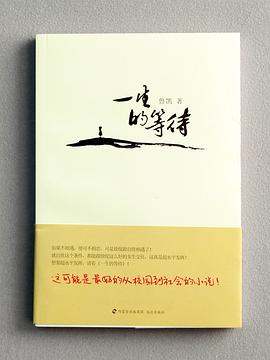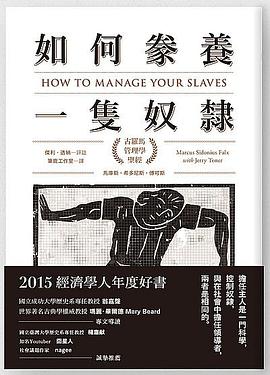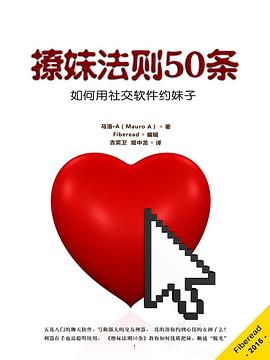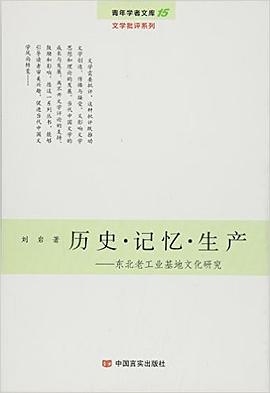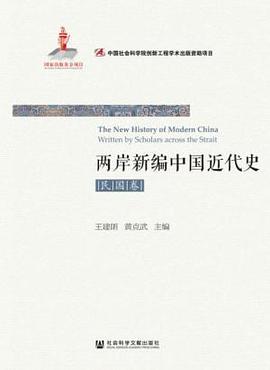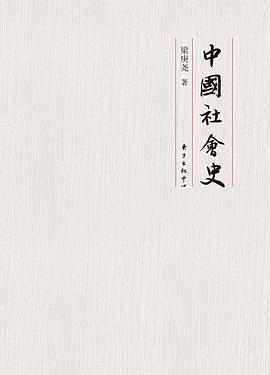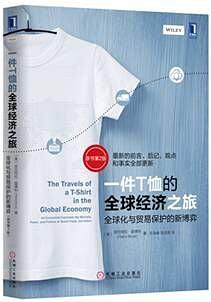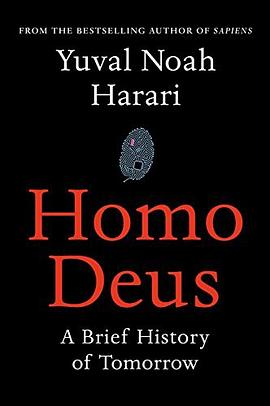

具体描述
NEW YORK TIMES BESTSELLER
Yuval Noah Harari, author of the critically-acclaimed New York Times bestseller and international phenomenon Sapiens, returns with an equally original, compelling, and provocative book, turning his focus toward humanity’s future, and our quest to upgrade humans into gods.
Over the past century humankind has managed to do the impossible and rein in famine, plague, and war. This may seem hard to accept, but, as Harari explains in his trademark style—thorough, yet riveting—famine, plague and war have been transformed from incomprehensible and uncontrollable forces of nature into manageable challenges. For the first time ever, more people die from eating too much than from eating too little; more people die from old age than from infectious diseases; and more people commit suicide than are killed by soldiers, terrorists and criminals put together. The average American is a thousand times more likely to die from binging at McDonalds than from being blown up by Al Qaeda.
What then will replace famine, plague, and war at the top of the human agenda? As the self-made gods of planet earth, what destinies will we set ourselves, and which quests will we undertake? Homo Deus explores the projects, dreams and nightmares that will shape the twenty-first century—from overcoming death to creating artificial life. It asks the fundamental questions: Where do we go from here? And how will we protect this fragile world from our own destructive powers? This is the next stage of evolution. This is Homo Deus.
With the same insight and clarity that made Sapiens an international hit and a New York Times bestseller, Harari maps out our future.
作者简介
Prof. Yuval Noah Harari has a PhD in History from the University of Oxford and lectures at the Hebrew University of Jerusalem, specializing in world history. His books have been translated into 50+ languages, with 12+ million copies sold worldwide. 'Sapiens: A Brief History of Humankind' (2014) looked deep into our past, 'Homo Deus: A Brief History of Tomorrow' (2016) considered far-future scenarios, and '21 Lessons for the 21st Century' (2018) zoomed in on the biggest questions of the present moment.
目录信息
读后感
來生必做機械人--哈拉瑞的《神人》 | 郭梓祺 | 評台 郭梓祺 剛看了美劇《Westworld》開頭,未來的人建立了一個美國西部主題公園,特別的是裡頭的居民,都是人工智能造出來的機械人,栩栩如真人,每天有不同故事線,讓付錢進來的客人,滿足各種姦淫虜拐或者做英雄等欲望。晚...
评分花了12天时间,终于把尤瓦尔·赫拉利这部大作《未来简史》读完。之前在生物科学和人类历史这块知之甚少,也没读过他的另一大作《人类简史》。这个全新的视角让我脑洞打开惊为天人,一开始就被这未曾涉猎的知识区深深吸引,读时大呼过瘾。读完觉得必须好好回顾总结,复盘收获。 ...
评分最近的中国中青年一代,内心那个叫苦,那个焦灼,以至于我刷朋友圈,感觉在看反乌托邦小说连载: 据说,三十来岁就可能失业了 貌似,创业十来年,还可能入坑“净身出户” 眼前的,居住的城市雾霾严重 近期的,卧槽,房价又TMD彪了,何处安放俺们的青春 进一步要考虑的,有房了...
评分2017年1月,最热门的一本书肯定就是《未来简史》了,作者赫拉利的《人类简史》珠玉在前,是一本回看人类世界的书籍,大家都在期待往前看世界,赫拉利是否还能够像《人类简史》一样犀利。 再加上中信出版社与罗辑思维创造出“没看过这本书的人将被永远的甩在2016年”这样的营销...
评分读完《未来简史》,大概一周左右,脑子里盘旋着各种好似成型又未成体系的想法,于是决定先写下来,聊做梳理。 这部《未来简史》,可以看做是《人类简史》的续篇,第1章为总论,本书2-7章基本是对《人类简史》所探讨议题的复习和深化,从第8章起开始思考未来。 以下,便是对《未...
用户评价
前面部分真是有点啰嗦了,作者属于举例子狂人,幸好最后一部分提出了几个挺有意思的观点补回票价,总体是推荐的。
评分想起Coursera一门耶鲁开的美国宪法课上教授说到,率先给予女性选举权的是西部的怀俄明和犹他州,因为男女人口差距悬殊,目的是吸引女性前来定居。人权当然是靠争取来的,但它并不天生正确,而是因为有需要。哲学推理不能证明人人生而平等,之所以认可是因为权衡之后还是这样比较好。古时未必没有诞生过人文主义者,只是没有发展的土壤。事情会发生是因为可以,不是因为正确,如果人类可以被抛弃,为什么不?会有新的理论来为此作支撑。
评分机场读物鸡头(complexity wise) 。什么都说了一点,什么也没说。大概是一种,here are some interesting facts, what do you think? 的读物。
评分写历史水平的高低在于能否对同一历史事件的多角度观察。
评分强烈推荐,确实如作者所说,这只是对未来的猜测,不过这样的未来正在发生。新一轮的革命属于算法。问问自己,人和机器人相比,未来还具备什么优势?-1400+
相关图书
本站所有内容均为互联网搜索引擎提供的公开搜索信息,本站不存储任何数据与内容,任何内容与数据均与本站无关,如有需要请联系相关搜索引擎包括但不限于百度,google,bing,sogou 等
© 2025 book.quotespace.org All Rights Reserved. 小美书屋 版权所有

